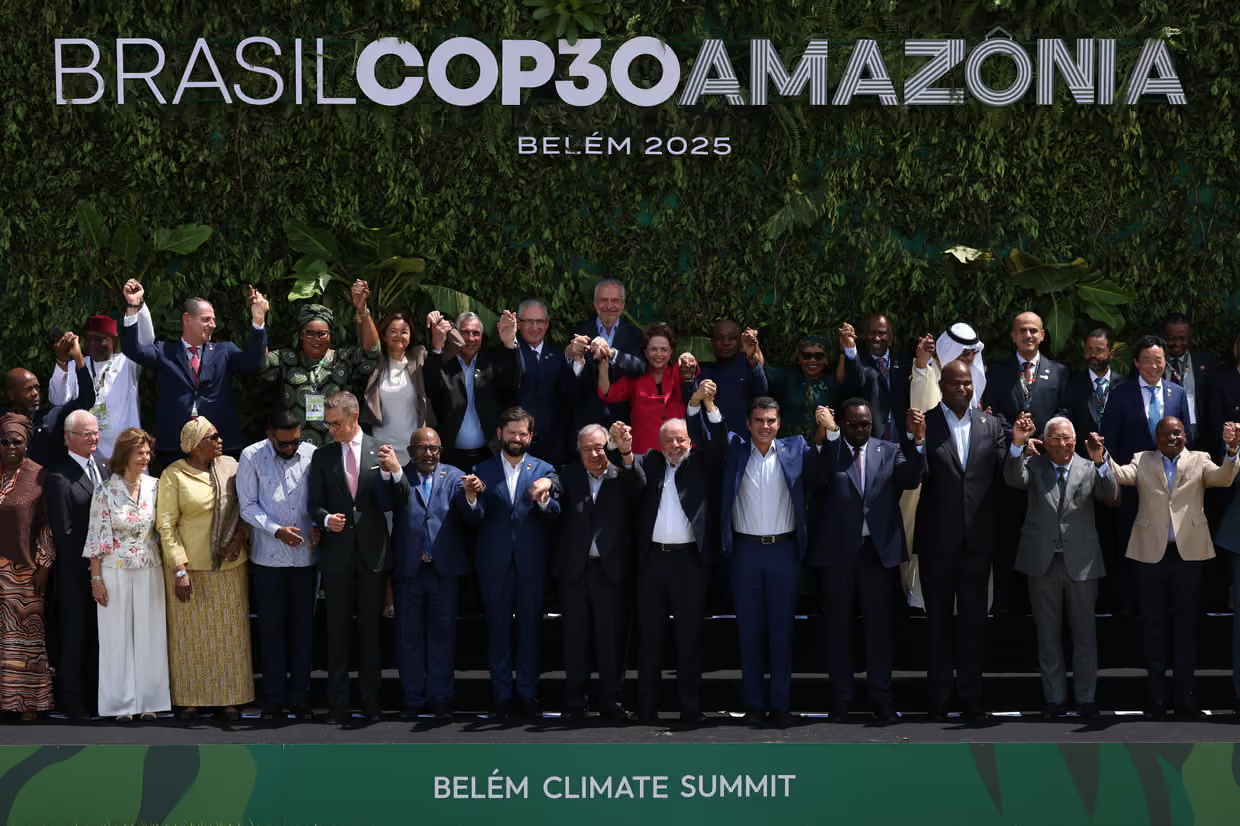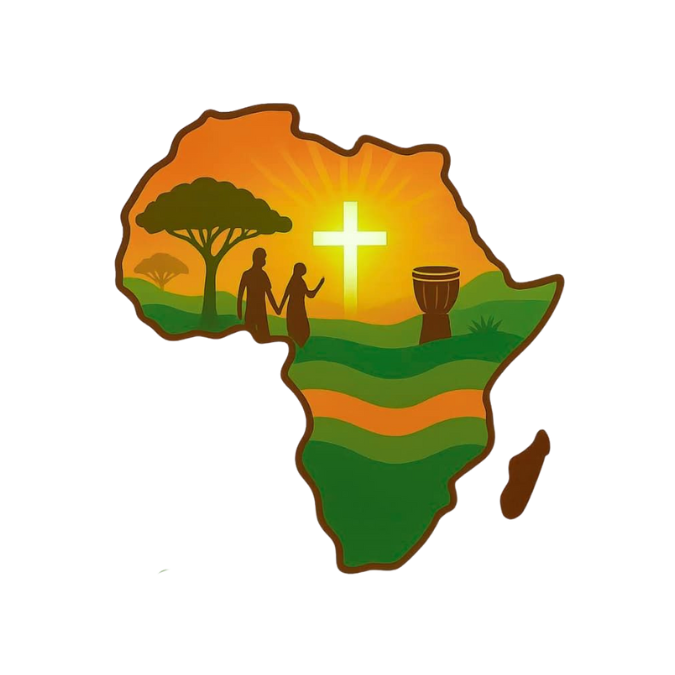
From the 10th to the 21st of this month, world leaders gather in Belém, Brazil, for COP30—the defining climate summit of the year.
More than 190 countries are represented. The theme, “Global Mutirão,” meaning collective effort, calls on leaders for global mobilization to defend the rights of Indigenous peoples and promote shared well-being.
Curiously, the president of the “Land of the Free and the Home of the Brave,” Donald Trump, has opted out. The problem is that not only is he absent, but no official US representative will attend. The US government’s absence calls into question the world’s collective resolve to act on climate justice.
For some observers, Washington’s absence might even be a blessing, given Mr. Trump’s track record of climate skepticism. Yet, one question remains pressing: who leads this movement now?
That question is vital for Africa—a continent that contributes less than 4% of global greenhouse gas emissions but bears the highest cost of climate disruption. Experts estimate that climate disasters shave off between 2% and 5% of GDP annually across many African economies—funds that could have been used to build schools, hospitals, and vital infrastructure.
The human cost is even greater. As President Félix Tshisekedi of the DRC said:
From Zamfara to Mali, through Chad and Tanzania, Africa bleeds, not from one wound, but from many. The continent has become a battleground for minerals, with its soil rich and its people impoverished. This confluence of environmental, political, and economic exploitation creates a perfect storm of instability.
The Storm Before the Dawn
While world leaders debate emissions reductions and pledges, delaying collective action to address climate change, many Nigerians are dying at the hands of bandits and kidnappers. As we speak, from the northeast to the southeast of Nigeria, the security situation has worsened to near anarchy. In the Northeast, bandits roam freely in some areas and even sign peace agreements with the local communities that include not surrendering their arms; in the southeast and south-south regions, kidnappers operate within feet of army checkpoints.
A farmer in Tsafe Local Government Area of Zamfara State reported that armed groups control the entire area and dictate when farmers may go to their fields and how much they must pay. They even seize a portion of their grain. Those who refuse are attacked or abducted.
In the last week alone, more than 200 people died in a clash between insurgents—Boko Haram and ISWAP—fighting for control near the Lake Chad region, one death too many for a continent already burdened by loss.
The United States recently designated Nigeria as a Country of Particular Concern (CPC) for religious persecution. While this may reflect global concern, it also exposes national shame. As Archbishop Fortunatus Nwachukwu, Secretary of the Vatican Dicastery for Evangelization, lamented:
Beyond Nigeria, the people of Mopti in Mali have been plunged into darkness since October 7, trapped between jihadist insurgents and the military junta. The turmoil across the Sahel, Lake Chad Basin, and West Africa is now interconnected. In the Sahel, where temperatures are rising 1.5 times faster than the global average, each crisis feeds into another, causing displacement, hunger, despair, and extremism. The situation, sadly, has become a breeding ground for a mass exodus of citizens, with millions fleeing from one country to another. From Sudan, through the RD Congo, back to Nigeria, internal displacement is reaching a breaking point. The question is: when will the crisis escalate further into a global issue, with a second wave of migrants crossing the desert or the Mediterranean Sea?
And in Tanzania, the echoes of defiance sound again. Following protests over alleged electoral fraud, 145 Tanzanians, many of them young, were charged with treason for demanding accountability. The draconian response of the Dar es Salaam government is another wound on Africa’s conscience. Still, African youth must not fear, as some of their political and religious leaders do, to question the status quo and seek a better future.
Their courage reminds us that losing hope is a luxury African youth cannot afford.
Faith and the Prophetic Voice
Yet amid all this storm, some moral voices refuse to remain mute; they stand tall, pointing the way for the nation to follow.
In Tanzania, Archbishop Jude Thaddaeus Ruwa’ichi warned security agents:
“The punishment for protests is not to shoot and kill.”
His courage is a spark—one that will grow when his brothers in the episcopacy and leaders of other faiths are bold enough to add their voices in the denunciation.
His courage finds an echo in Mozambique, where the bishops, after the contested 2024 election, described youth protests as “a cry for dignity.”
This is the leadership Africa needs: leaders who confront power with moral clarity and stand beside the forgotten, not the powerful.
This is the Africa that still hopes: an Africa where bishops speak truth, journalists report courageously, and young people demand tomorrow today.
The Resilience of Creation: Lagos Fashion Week
And yet, even amid despair, beauty persists.
In the playful energy of African youth lies the promise of a continent determined to write its own story. That spirit was on full display as Lagos Fashion Week celebrated its 15th anniversary this year. In the words of the Lagos Fashion Week founder, Omoyemi Akerele, “African fashion has something powerful and lasting to offer the world.”
This is creation amid chaos—imagination that refuses to be extinguished. It is prophecy that even in sorrow, we sing. It is the art of survival and cultural proclamation.
Becoming
Do any of these mean that Africa is on the edge of collapse? Perhaps. But also, of something greater, a new civic awakening, a reimagined faith in action, a generation unafraid to demand the future they deserve, a rising Africa, a dreaming generation, one that requires all hands on deck.
To denounce is to care.
To hope is to believe.
And to believe is to stand within Africa’s unfinished story—still being written, still becoming, still alive with the indomitable human spirit and the echoes of ancient dreams.



